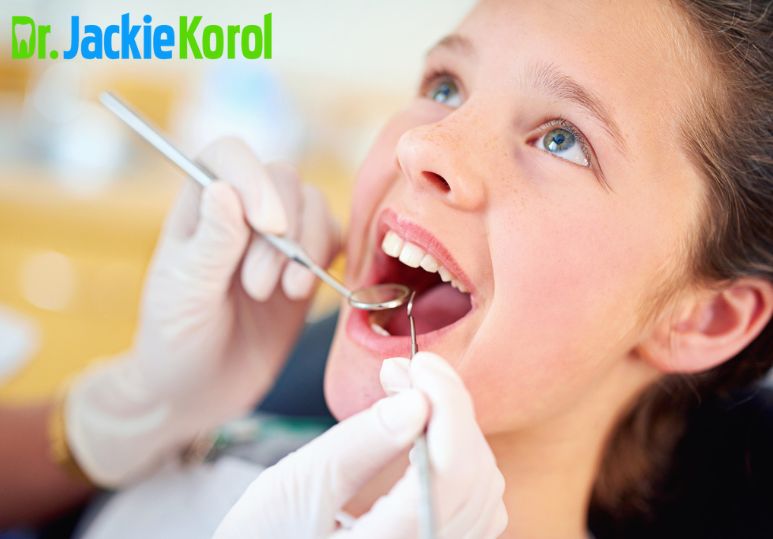How to Care for Your Teeth After Getting a Filling

Did you know that tooth sensitivity after a filling can last for a few days to weeks? Proper care post-filling is crucial for quick recovery and long-term oral health. This blog discusses how to manage the immediate after-effects like numbness and sensitivity, emphasizes the importance of gentle oral hygiene, and advises on a suitable diet that avoids hard or sticky foods. It also offers tips on managing discomfort with over-the-counter pain relief. Regular dental check-ups ensure the filling remains in good condition and no further issues develop. Following these guidelines will help maintain your dental health and enhance the longevity of your filling.
When you leave the dental office with a new filling, you might feel a sense of relief that the discomfort of a cavity is behind you. However, the care you take in the days following this procedure plays a crucial role in your dental health and the longevity of the filling. Proper aftercare ensures that your recovery is swift and complications are minimized, allowing you to return to your daily life without dental worries. Here, we’ll explore some effective steps to care for your teeth after receiving a dental filling.
Understand the Immediate After-Effects
After receiving a dental filling, it is normal to experience some numbness and sensitivity. The numbness is due to the local anesthesia used during the procedure and will wear off within a few hours. During this time, be careful not to bite your cheek, lip, or tongue. The sensitivity, on the other hand, can last for a few days to a couple of weeks. This sensitivity can be to temperature, pressure, or even air. Understanding that these sensations are typical will help you manage them better and prevent you from panicking or mistaking them for signs of complications.
Maintain Good Oral Hygiene
Maintaining impeccable oral hygiene after getting a filling is vital. While it might be tempting to avoid brushing or flossing around the new filling, gentle care is crucial. Start by brushing gently around the filled area, as aggressive brushing can dislodge a new filling before it has fully set. Use a soft-bristled toothbrush and non-abrasive toothpaste to avoid irritating the area. Flossing is also important, but remember to be gentle. Slide the floss between your teeth and gently move it up and down, rather than snapping it down into your gums, which can disturb the filling or hurt your gums.
Be Mindful of Your Diet
What you eat after getting a filling can significantly affect its longevity and your overall oral health. In the first 24 hours, it is wise to avoid hard, sticky, or chewy foods. These can pull at or dislodge the filling, especially if it’s an amalgam (silver) filling that takes longer to set completely. Instead, opt for softer foods that require minimal chewing, such as yogurt, soup, and smoothies. Also, steer clear of foods and drinks with extreme temperatures. Hot beverages and foods can cause the filled tooth to expand, and cold ones can make it contract, potentially leading to cracks or weakening the seal of the filling.
Monitor and Manage Discomfort
Some discomfort after receiving a filling is normal, but managing it can help ensure that you do not stress the affected tooth and that your recovery is comfortable. Over-the-counter pain relievers like acetaminophen or ibuprofen can be effective in managing pain, especially in the first few days after the procedure. However, always consult with your dentist before taking any medication. If the pain persists for more than a few days or worsens, it might be a sign that the filling needs adjustment or that there’s another underlying issue.
Taking care of your teeth after getting a filling doesn't just stop with managing immediate after-effects, maintaining oral hygiene, being mindful of your diet, and managing discomfort. It extends to regular dental check-ups and cleanings. Your dentist can help ensure that your filling is holding up as it should and that no new issues are developing.
In conclusion, while getting a dental filling is a common procedure, the steps you take afterward are crucial in ensuring your mouth remains healthy. Recognizing what to expect after the procedure, being gentle with your oral care, moderating your diet, and managing any discomfort are all practices that will aid in your recovery and enhance the durability of your dental work. Remember, the care you give your teeth after a filling not only helps with recovery but also reinforces the foundation for long-term dental health. If you ever have concerns about your filling or the recovery process, never hesitate to contact Dr. Korol - schedule your appointment today!
Written on behalf of Dr. Korol Dental.
FAQs
Numbness from the anesthesia typically wears off within a few hours after the procedure.
Use a soft-bristled toothbrush and non-abrasive toothpaste. Brush gently around the filled area to avoid dislodging the new filling.
Follow your dentist’s recommended schedule for check-ups and cleanings to ensure the filling and your overall dental health are maintained.
CONTACT US
Questions? Comments? Call us today at 1-403-245-9099 or fill out the form below:


